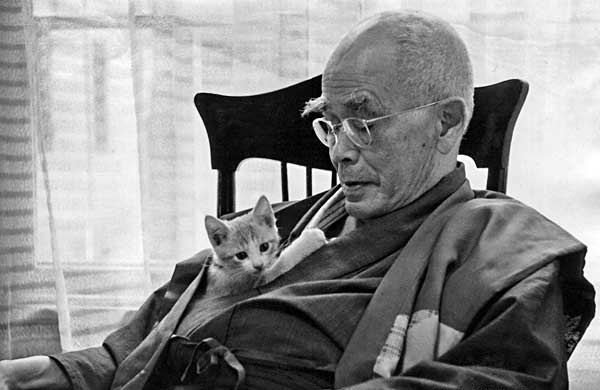D.T. Suzuki, a profound scholar and author, is widely recognized for his pivotal role in bringing Zen Buddhism to the West. His writings, particularly An Introduction to Zen Buddhism, have inspired countless individuals to explore the depths of Zen philosophy and practice. Suzuki’s quotes, extracted from this seminal work, encapsulate the essence of Zen in simple yet profound ways. Here are some of his most impactful insights:
1. “Zen is not a teaching, but an experience.” Suzuki emphasizes that Zen goes beyond intellectual understanding. It is not about absorbing knowledge but experiencing life directly. This quote encourages us to move beyond concepts and embrace the present moment with full awareness.
2. “The truth of Zen is the truth of life, and life means to live, to move, to act, not merely to reflect.” In this quote, Suzuki stresses the importance of action in Zen practice. It is a reminder that life itself is a manifestation of Zen, and true understanding comes from living fully and engaging with the world around us.
3. “In the beginner’s mind there are many possibilities, but in the expert’s mind there are few.” This quote highlights the Zen concept of shoshin, or “beginner’s mind,” where approaching life with openness and curiosity allows for greater learning and growth. Suzuki’s words remind us to stay humble and receptive, no matter how much we think we know.
4. “The only Zen you find on the tops of mountains is the Zen you bring up there.” Suzuki’s insight here is a gentle nudge towards self-awareness. It suggests that enlightenment and peace are not found in external places, but within ourselves. We carry our state of mind wherever we go, and it is our internal landscape that shapes our experience.
5. “When we start to meditate, we think we are separate from our surroundings, but as we continue, we realize that there is no separation.” This quote reflects the Zen understanding of interconnectedness. Suzuki teaches that through meditation and mindfulness, we begin to see the unity of all things, breaking down the illusion of separateness that often governs our perception of the world.
6. “Zen in its essence is the art of seeing into the nature of one’s own being, and it points the way from bondage to freedom.” Here, Suzuki defines Zen as a path to self-liberation. By looking inward and understanding our true nature, we can free ourselves from the mental and emotional chains that bind us.
